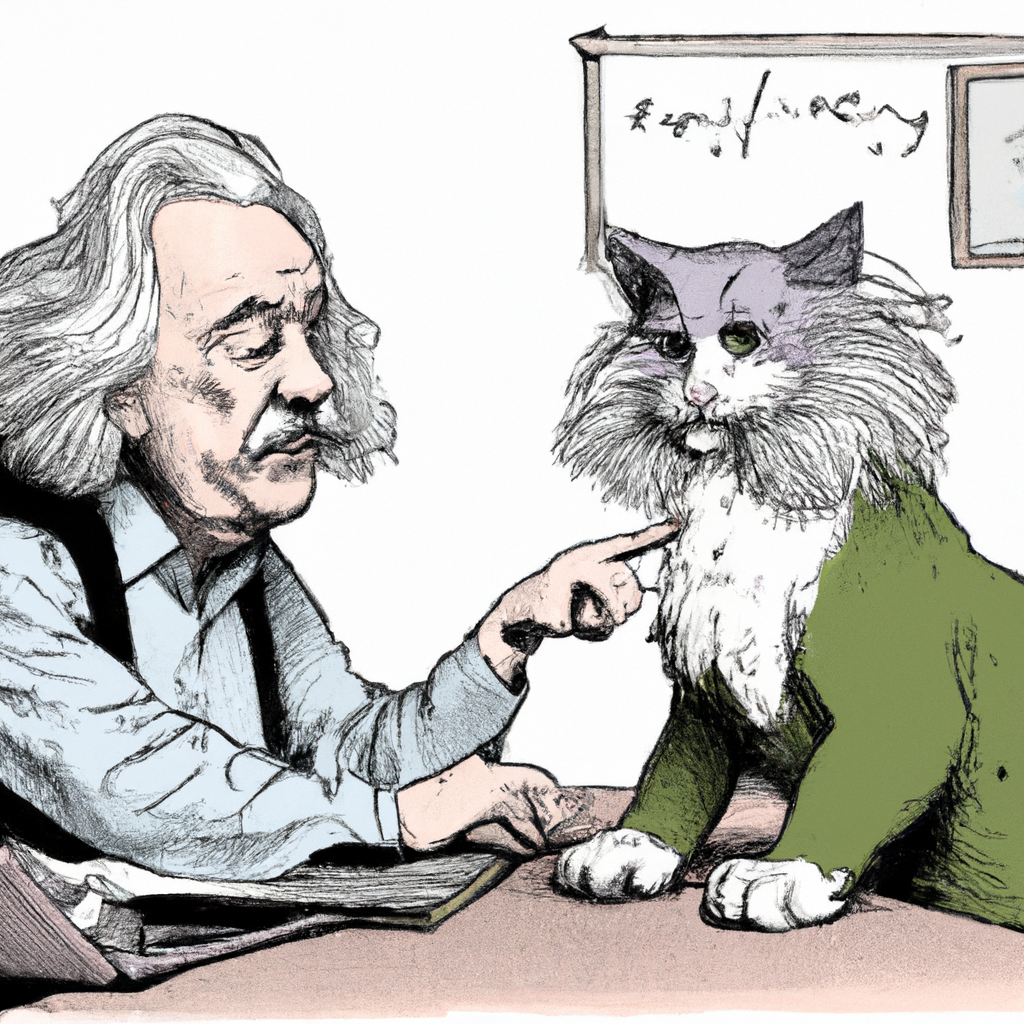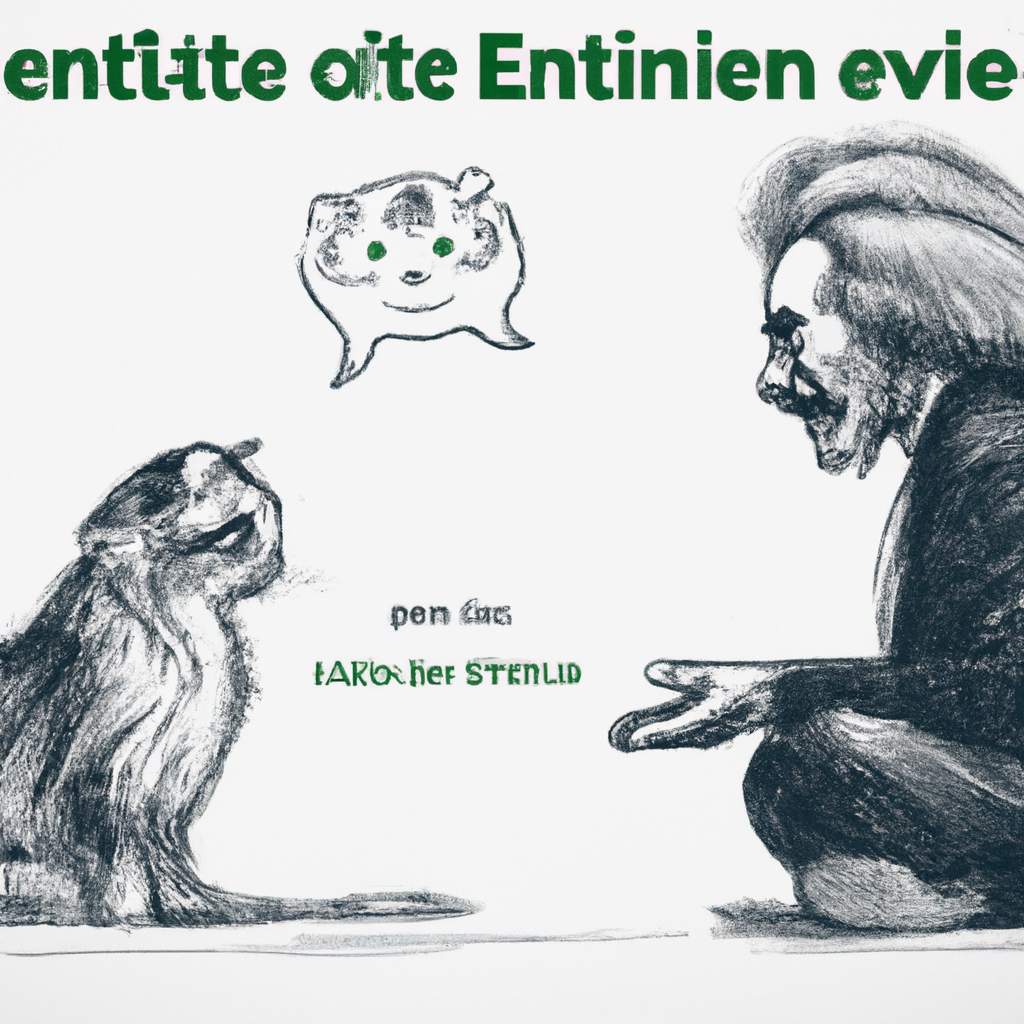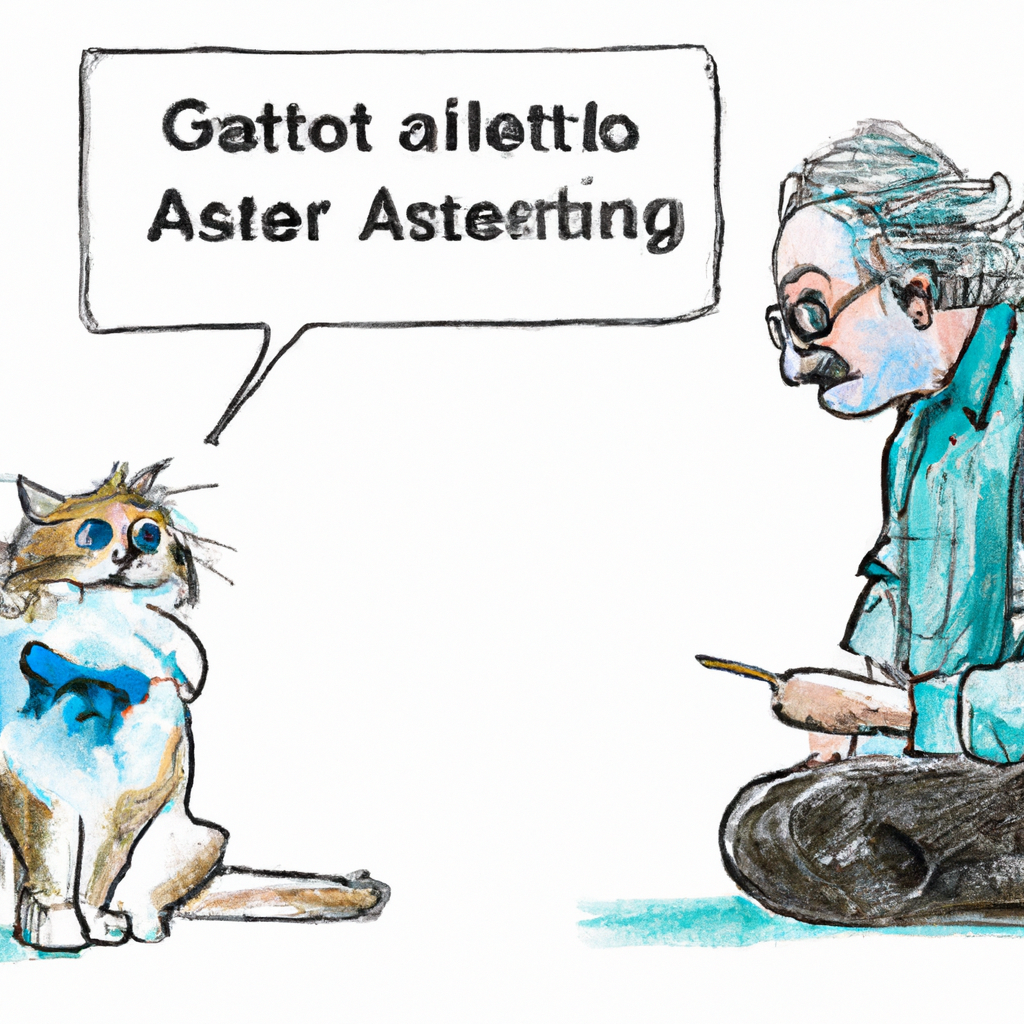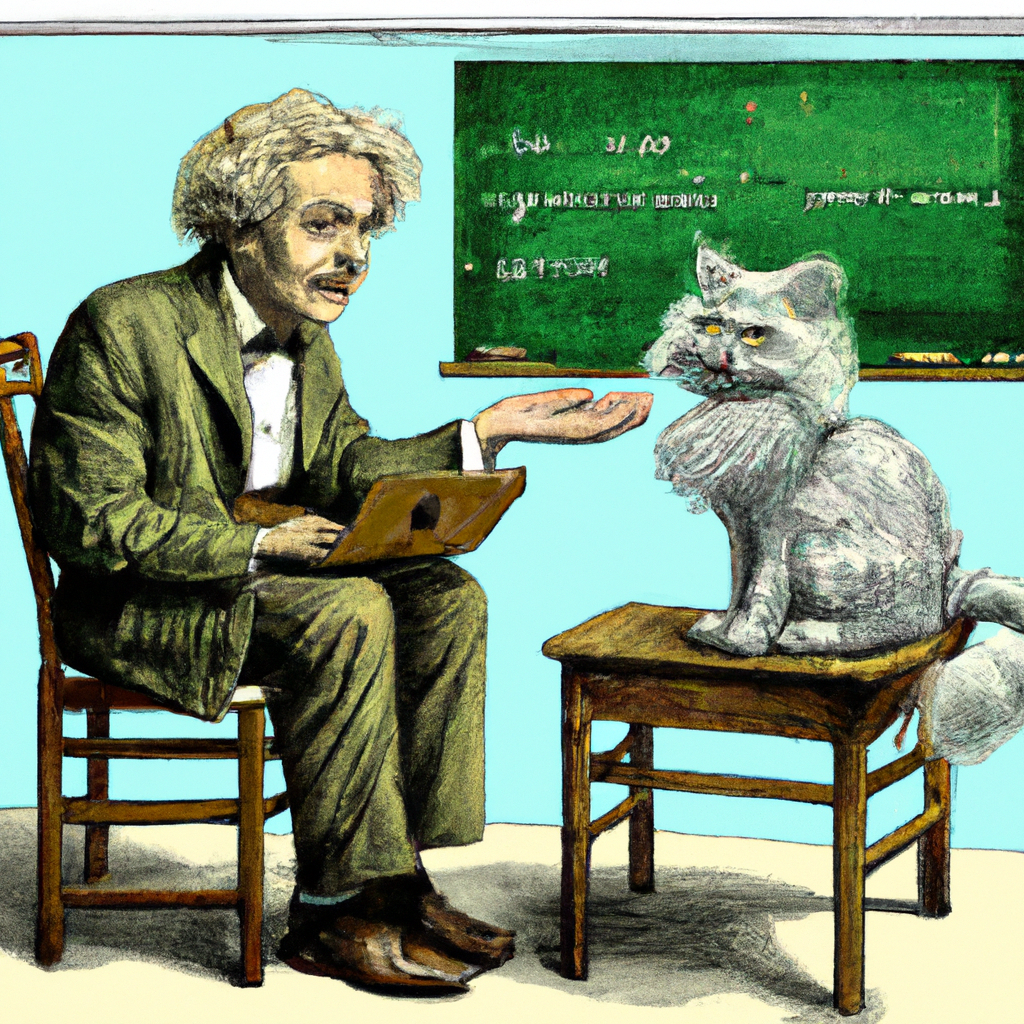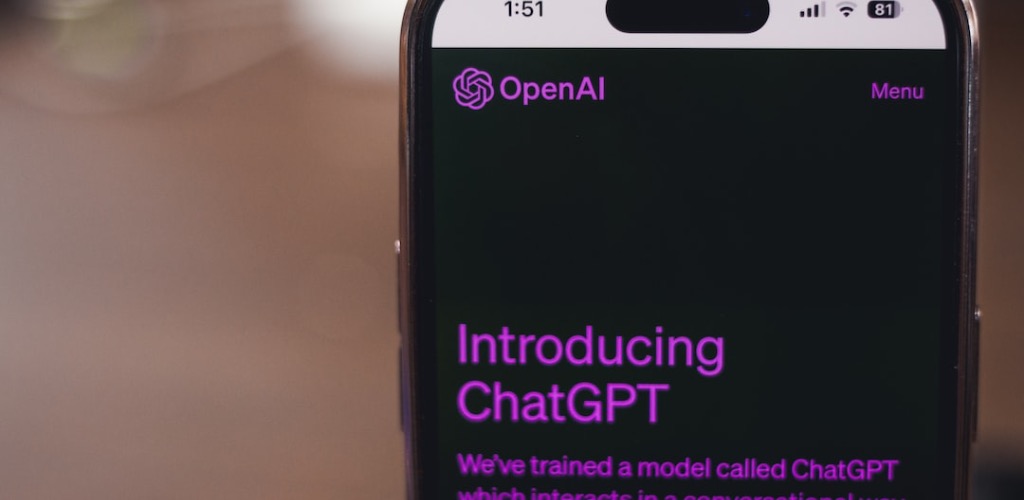
Throughout the years, artificial intelligence has made remarkable progress in various fields. One such advancement is the creation of realistic images through AI models like DALL-E. Developed by OpenAI, DALL-E utilizes a combination of deep learning techniques to generate unique and highly detailed images based on text prompts. In this article, we will guide you on how to create images when logged into Chat-GPT using DALL-E and provide you with tips to obtain accurate and desired results.
Before diving into the instructions, it’s important to note that using DALL-E requires access to an API key provided by OpenAI. Once you have obtained your API key and are logged into Chat-GPT, follow these steps:
1. Set up the environment:
– Ensure you have Python installed on your system.
– Install the OpenAI Python library by running `pip install openai` in your terminal or command prompt.
2. Import necessary libraries:
– Start by importing the required modules in your Python script:
“`python
import openai
import requests
“`
3. Configure the API key:
– Set up your API key by assigning it to a variable within your script:
“`python
api_key = ‘YOUR_API_KEY’
openai.api_key = api_key
“`
4. Create a prompt:
– Begin by creating a text-based prompt that describes the image you want DALL-E to generate.
– Be as specific as possible while providing clear instructions.
– Specify attributes such as colors, objects, backgrounds, or even emotions if relevant.
– Consider providing additional context or constraints if necessary.
5. Generate an image with DALL-E:
– Use the `openai.Completion.create()` method with appropriate parameters.
– Pass in your prompt text within `prompt` parameter along with other optional parameters like `model`, `temperature`, `max_tokens`, and `num_outputs`.
– Here’s an example:
“`python
response = openai.Completion.create(
model=”dall-e-2.0.0″,
prompt=”Generate an image of a purple cat sitting on a moonlit rooftop.”,
temperature=0.8,
max_tokens=64,
num_outputs=1
)
“`
6. Retrieve and display the generated image:
– Extract the image URL from the API response received in the previous step.
– Use a library like `requests` to download the image file.
– Display or save the downloaded image as desired.
– Here’s an example:
“`python
image_url = response.choices[0].image
image_data = requests.get(image_url).content
with open(“generated_image.jpg”, “wb”) as file:
file.write(image_data)
“`
Now that you have learned how to create images using DALL-E, let’s look at some examples of prompts that can yield accurate and desired results:
1. “Generate an image of a futuristic cityscape at night, with neon lights illuminating the skyscrapers.”
2. “Create an illustration of a serene beach sunset with palm trees silhouetted against orange and purple hues.”
3. “Design a logo for a tech company that represents innovation, connectivity, and elegance.”
4. “Produce an artwork depicting a surreal landscape merging elements of forests and oceans.”
Remember to experiment with different prompts, parameters, and constraints to achieve your desired results.
As AI continues to evolve, models like DALL-E offer exciting opportunities for creative expression using artificial intelligence. By following these instructions and providing thoughtful prompts, you can explore this fascinating technology and generate unique images limited only by your imagination.
